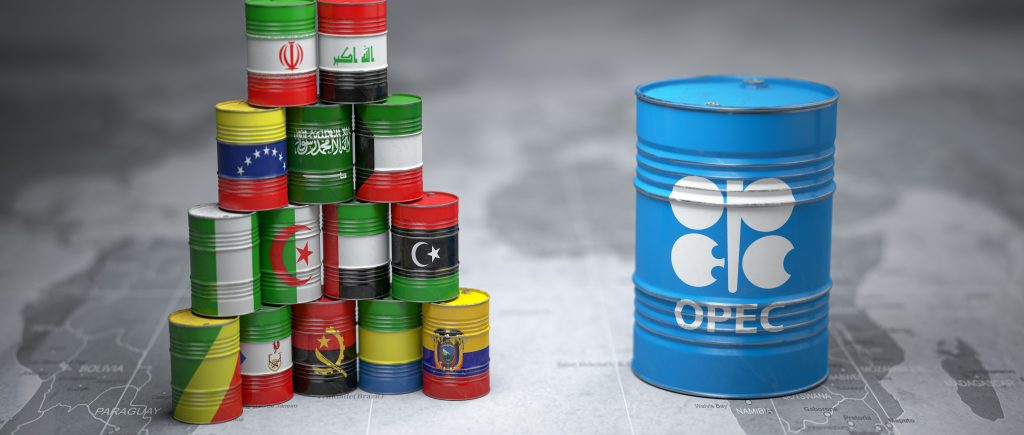Oil prices fell nearly 2 percent on Tuesday, as concerns about the possibility of ratification of the debt ceiling agreement in the United States undermined risk appetite and mixed messages from major oil producers clouded the supply outlook ahead of their upcoming meeting days later.
Brent crude futures fell $1.36, or 1.8%, to $75.71 a barrel by 0859 GMT. US West Texas Intermediate crude fell $1.19 to $71.48 a barrel, down 1.6 percent from Friday’s closing price. There was no settlement on Monday since it was a public holiday in the United States.
Some hawkish Republicans said on Monday they might oppose the debt ceiling deal in the United States, the world’s largest oil consumer, but Democratic President Joe Biden and Republican House Speaker Kevin McCarthy remain optimistic about the deal’s ratification.
Over the weekend, Biden and McCarthy reached an agreement to suspend the $31.4 trillion debt ceiling and limit government spending for the next two years. The deal must be approved by a divided Congress before June 5, the day the Treasury Department said the country may not be able to meet its obligations, which could cause turbulence in financial markets.
The deadline for approving the debt ceiling roughly coincides with a meeting scheduled for June 4 of the OPEC+ alliance, which includes the Organization of the Petroleum Exporting Countries (OPEC) and allies including Russia, amid uncertainty over whether the alliance will announce further production cuts after the retreat. The last in the price.
“Investors have shifted their attention to the outcome of the OPEC+ meeting…with conflicting messages coming from major oil producers,” said Toshitaka Tazawa, an analyst at Fujitomi Securities.
Last week, Saudi Energy Minister Abdulaziz bin Salman warned short sellers who are betting that oil prices will drop, in a possible sign that OPEC+ may curtail production.
However, statements by officials and sources in the Russian oil sector, including Deputy Prime Minister Alexander Novak, indicated that the third largest oil producer in the world tends to leave the level of production unchanged.
In April, Saudi Arabia and other members of OPEC+ announced further cuts in oil production by about 1.2 million barrels per day, bringing the total volume of the bloc’s cuts to 3.66 million barrels per day, according to Reuters calculations.
Traders are also awaiting China’s manufacturing and service sector data, which will be released later this week, looking for signs of recovery in fuel demand from the world’s largest oil importer.
 Noor Trends News, Technical Analysis, Educational Tools and Recommendations
Noor Trends News, Technical Analysis, Educational Tools and Recommendations





